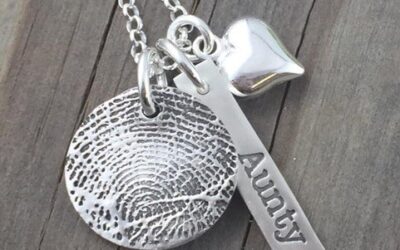Facebook After Death
What happens to your social media accounts after you die? Just six years ago, there wasn’t an option, and these accounts would often stay abandoned. There are now three options. You can have Facebook delete your account after being notified of your death, or have it changed into a memorial page, or you can leave it abandoned and hope for the best.
In 2015 Facebook began a new system where the account holder could assign a legacy contact. For some, this was a fantastic new feature. Friends and family could now download, screenshot, or save photos. Depending on the settings, contacts could write tributes, share memories and give condolences. The legacy contact can also remove posts and tributes that they deem inappropriate. Please note, the legacy contact does have to have an active Facebook account. Also, do not worry, your legacy contact will not have access to your messenger messages.
Currently, here are a few things that your legacy contact can do :
*They can write and pin a post to the top of your profile. Sometimes this is used as a tribute message, a final goodbye, or the obituary.
*They can decide the privacy settings for the memorial page.
*Update your cover photo and profile image.
*They can accept friend requests.
*They can download a copy of what you have shared on Facebook, including posts, photos, and videos. (If you have this setting turned on.)
To learn more about this process, please follow the link to read in more detail.
https://www.facebook.com/help/1568013990080948?ref=shareable
Have you given much thought to what you would like to see happen with your Facebook account after you die? You may be thinking that it doesn’t matter, and that’s ok. It’s your account, and you can do whatever you feel is best for you and your loved ones.
Something to consider:
It does sometimes matter to others. When someone in our social circle dies, there’s a human need for connection and community. This is how a digital community mourns. Stories are shared. Condolences are written. Friends and acquaintances write about how he or she touched their lives. Public grief happens. With the COVID restrictions, funerals attendance is limited, or the funeral postponed until a later date.
Traditionally people would visit with friends and family. More and more, as friends and family are farther apart but able to stay close through social media, coming together for an extended amount of time is difficult. COVID makes this almost impossible now.









